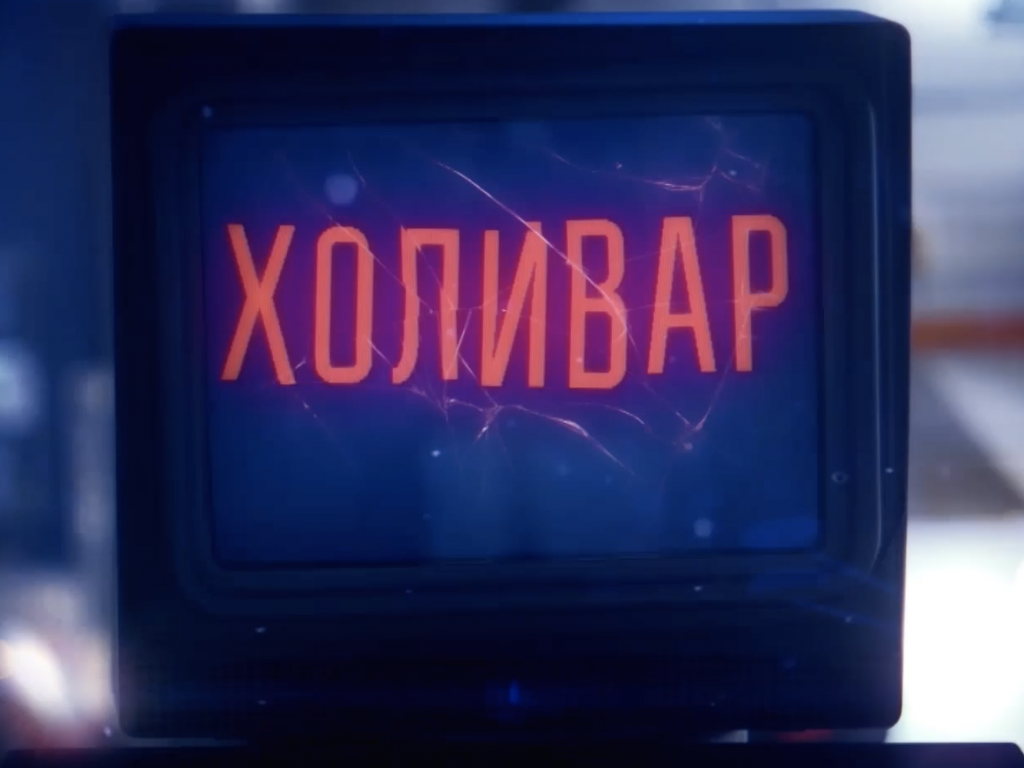From its beginnings in the 1990s, the Russian Internet (RuNet) was envisioned and engineered by its founders as a platform that would “introduce Russians and Americans so the world would be safer.” However, despite its initial promise, it has become a means of “ideological control,” says Russian journalist Andrei Loshak.
erNYET: A History of The Russian Internet (Холивар: История Рунета), the award-winning seven-part series directed by Loshak for the Current Time digital and TV network, portrays the rise and fall of RuNet. From the shift of website ownership from idealistic digital pioneers to Kremlin-backed investors, the rise of troll factories and Chinese-style “pre-censorship,” the construction of a Kremlin-administered “sovereign Internet,” and the wild trajectories of Internet personalities in between, it is fundamentally a story about Russian society under President Vladimir Putin.
The Atlantic Council is pleased to host the debut screening in the United States of excerpts from InterNYET, as well as a conversation about Russia’s Internet policy and the outlook for online freedom in Russia. Jamie Fly, president of Radio Free Europe/Radio Liberty (RFE/RL); Andrei Shary, director of RFE/RL’s Russian Service; and Ambassador Daniel Fried, Weiser Family Distinguished Fellow at the Atlantic Council, will join Loshak to also examine the latest amendments to Russia’s “Foreign Agent” law, set to take effect on February 1, and its impact on independent journalism in Russia. The discussion will be moderated by Melinda Haring, deputy director of the Atlantic Council’s Eurasia Center.
